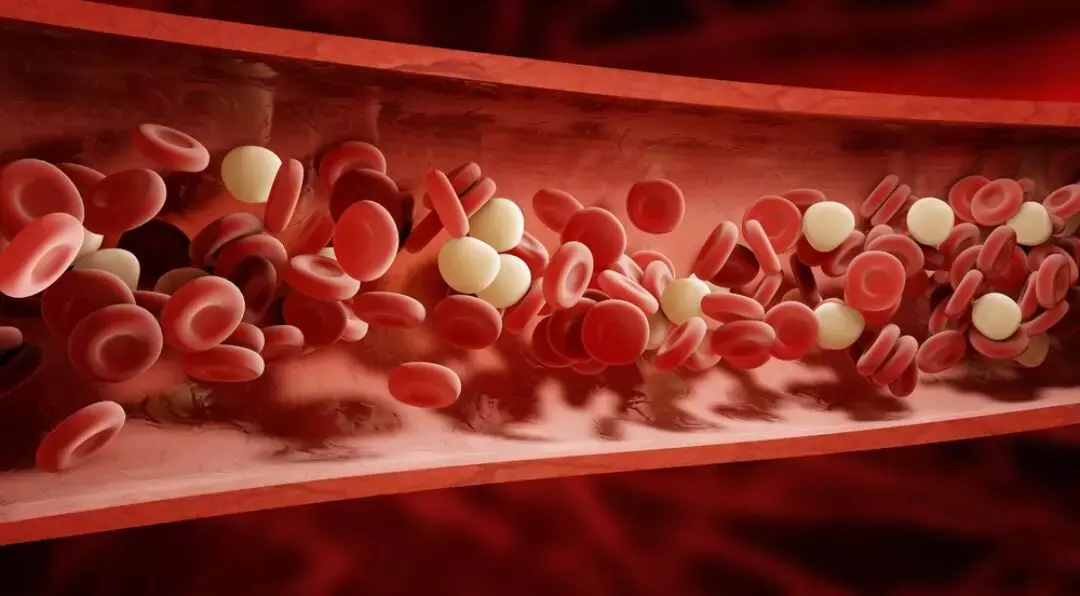- Home
- Medical news & Guidelines
- Anesthesiology
- Cardiology and CTVS
- Critical Care
- Dentistry
- Dermatology
- Diabetes and Endocrinology
- ENT
- Gastroenterology
- Medicine
- Nephrology
- Neurology
- Obstretics-Gynaecology
- Oncology
- Ophthalmology
- Orthopaedics
- Pediatrics-Neonatology
- Psychiatry
- Pulmonology
- Radiology
- Surgery
- Urology
- Laboratory Medicine
- Diet
- Nursing
- Paramedical
- Physiotherapy
- Health news
- Fact Check
- Bone Health Fact Check
- Brain Health Fact Check
- Cancer Related Fact Check
- Child Care Fact Check
- Dental and oral health fact check
- Diabetes and metabolic health fact check
- Diet and Nutrition Fact Check
- Eye and ENT Care Fact Check
- Fitness fact check
- Gut health fact check
- Heart health fact check
- Kidney health fact check
- Medical education fact check
- Men's health fact check
- Respiratory fact check
- Skin and hair care fact check
- Vaccine and Immunization fact check
- Women's health fact check
- AYUSH
- State News
- Andaman and Nicobar Islands
- Andhra Pradesh
- Arunachal Pradesh
- Assam
- Bihar
- Chandigarh
- Chattisgarh
- Dadra and Nagar Haveli
- Daman and Diu
- Delhi
- Goa
- Gujarat
- Haryana
- Himachal Pradesh
- Jammu & Kashmir
- Jharkhand
- Karnataka
- Kerala
- Ladakh
- Lakshadweep
- Madhya Pradesh
- Maharashtra
- Manipur
- Meghalaya
- Mizoram
- Nagaland
- Odisha
- Puducherry
- Punjab
- Rajasthan
- Sikkim
- Tamil Nadu
- Telangana
- Tripura
- Uttar Pradesh
- Uttrakhand
- West Bengal
- Medical Education
- Industry
Revacept may not Reduce Incidence of Myocardial Injury in patients undergoing PCI: JAMA

Revacept, a novel platelet glycoprotein VI antagonist, in addition to currently recommended antithrombotic therapy in the setting of percutaneous coronary intervention (PCI) in patients with stable ischemic heart disease (SIHD) does not reduce the incidence of myocardial injury, suggests a study published in the JAMA Cardiology on March 31, 2021.
In a previous Phase 1 trial researchers of Germany, developed a novel competitive antagonist to collagen-GPVI signalling named revacept (advanceCOR GmbH). Revacept is a dimeric, soluble fusion protein composed of the extracellular domain of the GPVI receptor and the human Fc-fragment. As a lesion-directed drug, revacept does not interfere with the function of circulating platelets beyond the atherosclerotic lesion. As a consequence, revacept inhibits atherothrombosis but has little effect on systemic hemostasis or bleeding in animal models and a phase 1 clinical trial. For further evaluation, researchers conducted a phase 2 trial to test the efficacy and safety of revacept.
The Intracoronary Stenting and Antithrombotic Regimen: Lesion Platelet Adhesion as Selective Target of Endovenous Revacept in Patients With Chronic Coronary Syndromes Undergoing Percutaneous Coronary Intervention (ISAR-PLASTER) trial is a randomized, double-blind phase 2 trial in 334 patients with stable ischemic heart disease undergoing elective PCI from 9 centres in Germany. Researchers randomly assigned 120 patients to receive the 160-mg dose of revacept, 121 patients to receive the 80-mg dose, and 93 patients to received a placebo before the start of PCI on top of standard antithrombotic therapy. The major outcome assessed was the composite of death or myocardial injury, defined as an increase in high-sensitivity cardiac troponin to at least 5 times the upper limit of normal within 48 hours from randomization. The safety outcome was bleeding type 2 to 5 according to the Bleeding Academic Research Consortium criteria at 30 days.
Key findings of the study were:
- Upon analysis, the researchers noted no significant differences in the primary endpoint between the revacept and placebo groups: 24.4%, 25.0%, and 23.3% in the revacept, 160 mg, revacept, 80 mg, and placebo groups, respectively.
- They found that the 160-mg dose of revacept did result in a significant additional increase in platelet inhibition: there was a small but statistically significant reduction of collagen-induced, but not adenosine 5′-diphosphate (ADP)-induced, platelet aggregation compared with placebo.
- They also found that revacept did not increase Bleeding Academic Research Consortium type 2 or higher bleeding at 30 days compared with placebo: 5.0%, 5.9%, and 8.6% in the revacept, 160 mg, revacept, 80 mg, and placebo groups.
The authors concluded, "Revacept did not reduce myocardial injury in patients with stable ischemic heart disease undergoing percutaneous coronary intervention. There were few bleeding events and no significant differences between treatment arms."
For further information:
doi:10.1001/jamacardio.2021.0475
Medical Dialogues Bureau consists of a team of passionate medical/scientific writers, led by doctors and healthcare researchers. Our team efforts to bring you updated and timely news about the important happenings of the medical and healthcare sector. Our editorial team can be reached at editorial@medicaldialogues.in.
Dr Kamal Kant Kohli-MBBS, DTCD- a chest specialist with more than 30 years of practice and a flair for writing clinical articles, Dr Kamal Kant Kohli joined Medical Dialogues as a Chief Editor of Medical News. Besides writing articles, as an editor, he proofreads and verifies all the medical content published on Medical Dialogues including those coming from journals, studies,medical conferences,guidelines etc. Email: drkohli@medicaldialogues.in. Contact no. 011-43720751


